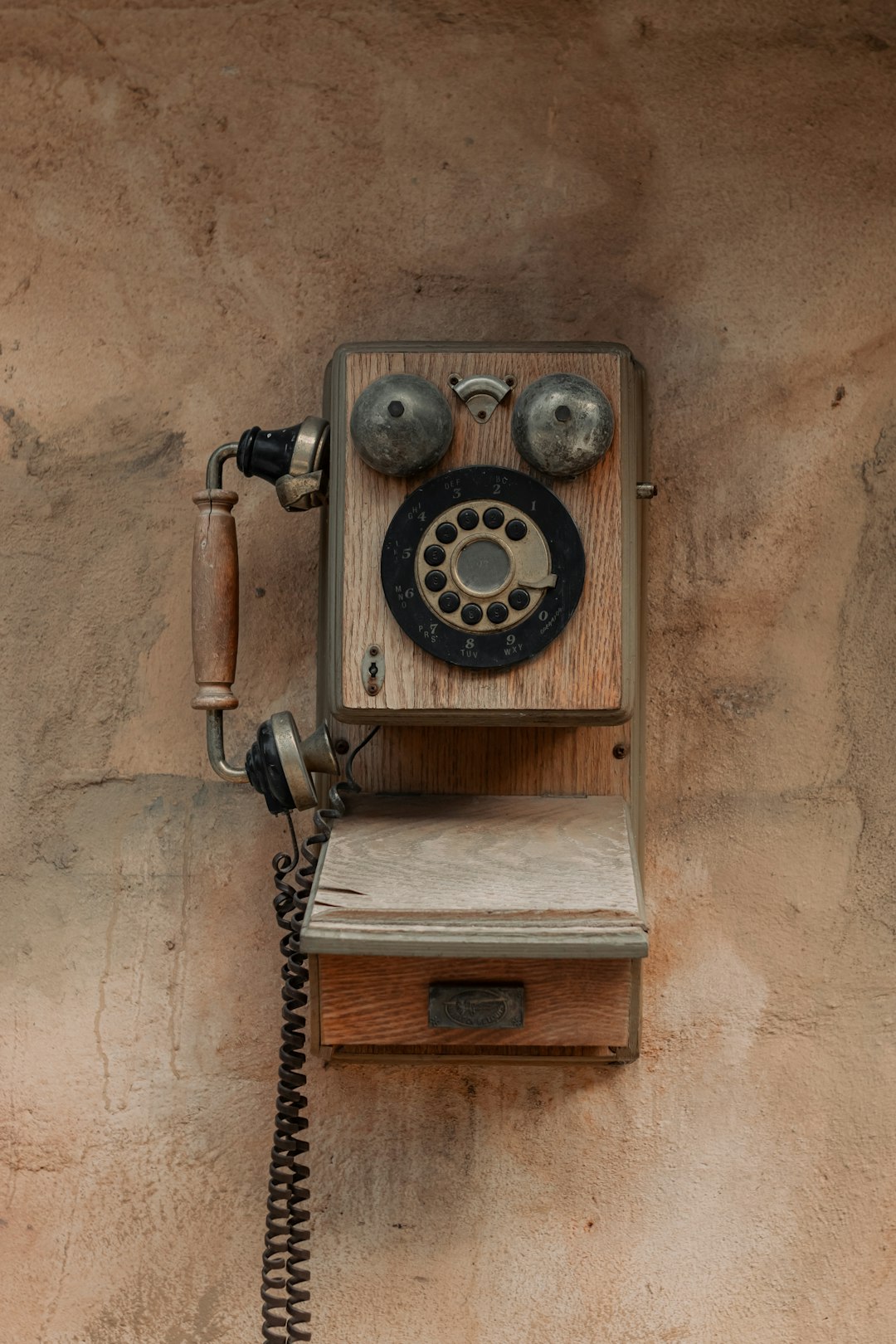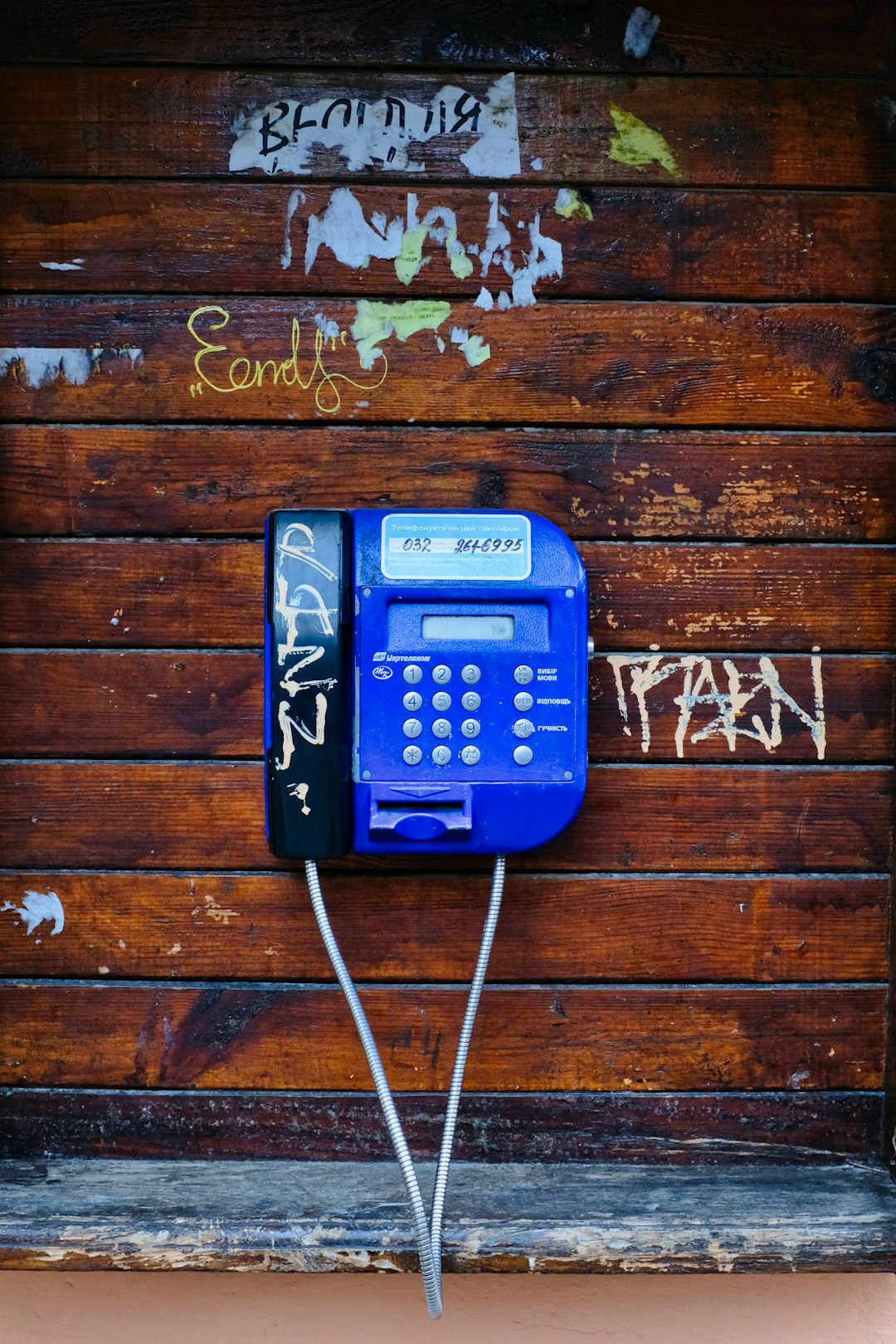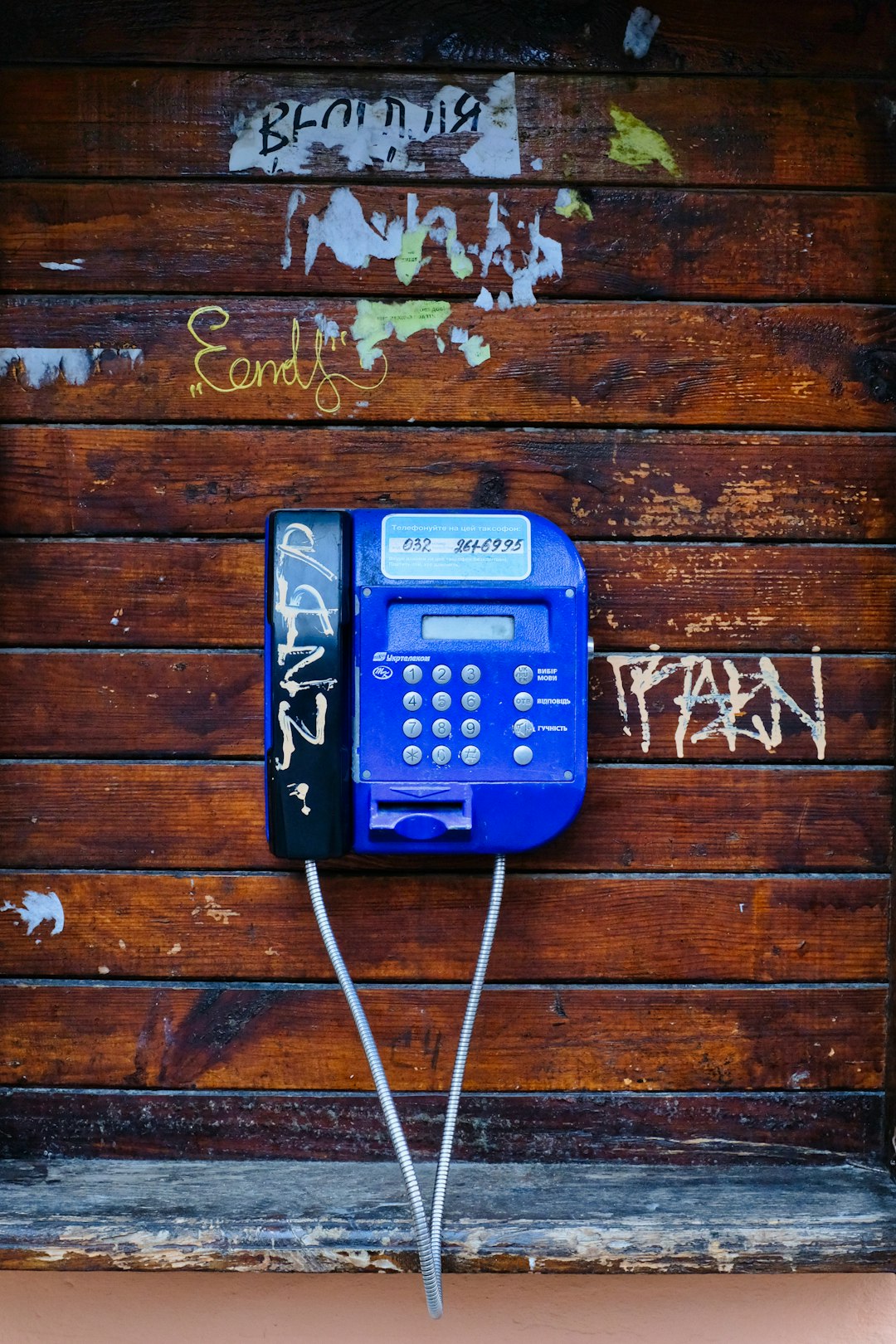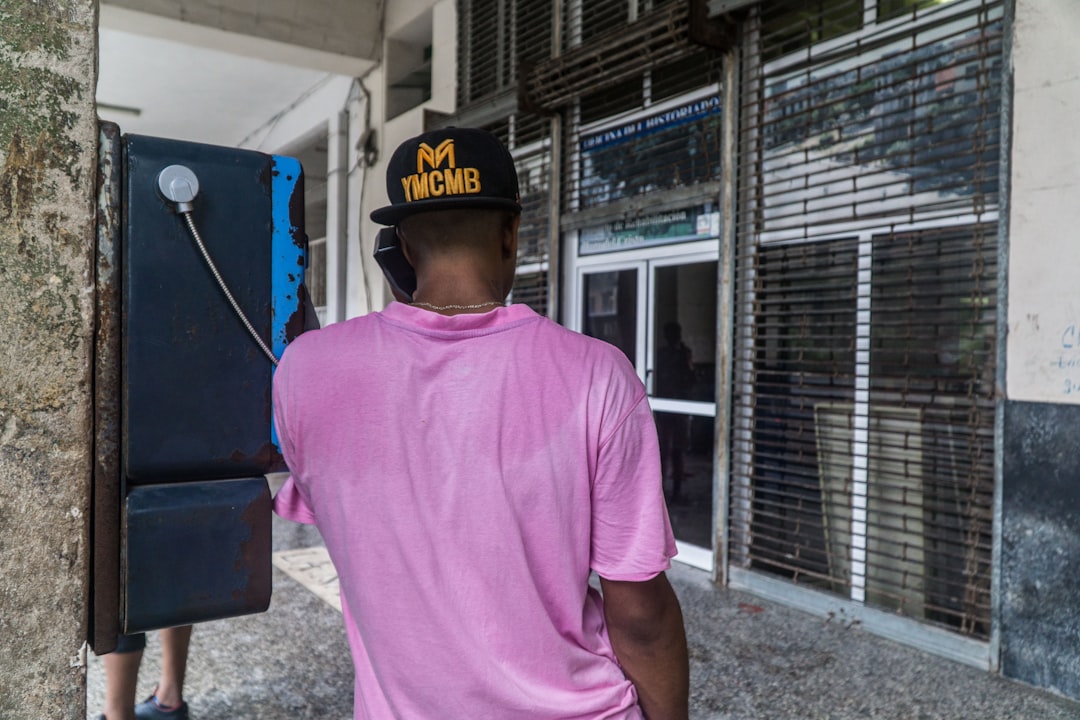In today's digital era, unwanted robocalls are a common problem in San Antonio, Texas, where strict laws protect consumers from automated contact. The Telephone Consumer Protection Act (TCPA) regulates robocalls nationwide, and individuals can register on the National Do Not Call Registry for added protection. If traditional methods fail, consulting a specialized lawyer for Robocall San Antonio is advised to explore legal options against persistent nuisance calls, ensuring you understand your rights and privacy protections.
Are you tired of incessant robocalls on your cellphone? In San Antonio, these automated calls can be more than just annoying—they may violate your rights under Texas law. This article guides you through understanding robocalls, their legal implications in the state, and when they’re permissible. We explore the Do Not Call Registry, your protections, and what actions to take if you’ve received unwanted calls. If you need a lawyer for robocall cases in San Antonio, knowing where to start is crucial.
Understanding Robocalls and Their Legal Implications in Texas

In today’s digital era, robocalls have become a ubiquitous part of daily life—especially on cellphones. While many people consider them annoying, these automated phone calls hold significant legal implications, particularly in Texas. If you’ve received unwanted robocalls to your San Antonio cellphone, it’s crucial to understand your rights and the potential legal actions available to you.
Texas has specific laws governing robocalls, with strict regulations on when and how businesses can contact consumers. A lawyer for Robocall San Antonio can help navigate these complex rules, which include restrictions on calls made without prior consent. If a business violates these guidelines, individuals may have the right to sue for damages, including emotional distress and time wasted dealing with unwanted calls. Such cases can lead to significant financial awards, making it beneficial to consult with legal experts who specialize in these matters.
When Is It Legal to Make Robocalls?

In the United States, robocalls are regulated by the Telephone Consumer Protection Act (TCPA), which aims to protect consumers from unsolicited telephone marketing calls and text messages. While many states have their own regulations, the TCPA provides a federal framework for when it’s legal to make automated calls. Robocalls are generally permitted if they meet specific criteria: the caller must obtain prior express consent from the recipient before placing the call or message, except in cases of certain types of business or non-profit communications.
This means that if you’re receiving robocalls on your San Antonio cellphone without having given permission, you may have legal recourse. Individuals who feel their privacy has been violated by unwanted robocalls can consult a lawyer for Robocall San Antonio to understand their rights and options under the TCPA.
The Do Not Call Registry: Your Rights and Protections

In San Antonio, as in many parts of the country, there’s a powerful tool to combat unwanted robocalls—the National Do Not Call Registry. If you’ve received a robocall, your first step is to verify that your number is registered. It’s a free service and takes just minutes to sign up online or over the phone. Once confirmed, law prohibits most automated telemarketers from calling your registered number without prior express consent.
While this registry offers significant protections, it doesn’t stop all robocalls. Some calls may slip through the cracks due to loopholes or if the caller is using a number that hasn’t been registered. If you’ve exhausted the Do Not Call Registry options and are still facing persistent robocalls, seeking legal advice from a lawyer for Robocall San Antonio could be your next step. They can help determine your rights and explore possible legal avenues to stop these nuisance calls.
Taking Action: What You Can Do If You've Received Unwanted Robocalls

If you’ve been bothered by relentless robocalls on your San Antonio cellphone, know that there are steps you can take to stop them and potentially seek compensation. The first course of action is to document the calls—note the time, date, and number—and inform the caller that you do not consent to their marketing attempts. Many states, including Texas, have laws prohibiting unwanted automated phone calls, giving you legal recourse against these intrusive messages.
Consider reaching out to a lawyer for robocall San Antonio who specializes in consumer protection law. They can guide you through your rights and options, which may include filing a complaint with the Federal Trade Commission (FTC) or taking legal action against the culprits. Remember, taking proactive measures can help put an end to these unwanted calls and protect your privacy.
Finding the Right Lawyer for Robocall Cases in San Antonio

If you’ve been a victim of robocalls on your San Antonio cellphone, knowing your rights and having the right legal representation is crucial. While many law firms handle various types of cases, not all are equipped to navigate the complexities of robocall lawsuits. When searching for a lawyer for Robocall San Antonio, look for attorneys specializing in telecommunications law or consumer protection. These experts will have a deep understanding of the Telephone Consumer Protection Act (TCPA) and related laws, which govern automated calls.
The ideal lawyer will possess not only legal expertise but also experience in handling similar cases. Check their track record, client testimonials, and case results to gauge their success rate. Additionally, consider an attorney who offers a free consultation to discuss your specific situation and determine the best course of action without any financial commitment upfront. This initial meeting can help you feel more at ease knowing your rights and options in taking legal action against robocallers.






